Sport minister to lead corruption fight
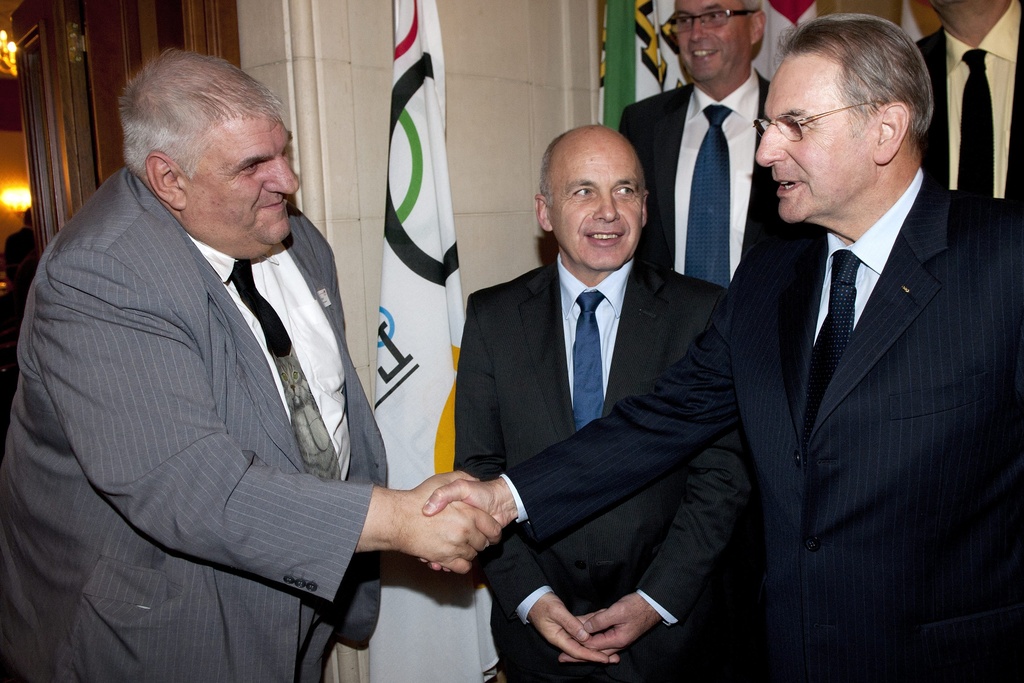
Switzerland must become a model in fighting corruption in sport, says Swiss Sport Minister Ueli Maurer.
But the complex regulatory and legal situation means it could take two to three years to find a decent long-term solution, the minister commented on Tuesday during the annual meeting of international sports federations based in canton Vaud.
“It’s clear that Switzerland is obliged to do something to fight corruption as we have lots of international federations with headquarters in Switzerland and we want to set an example in solving this problem,” Maurer told swissinfo.ch at the meeting in Lausanne.
At the end of October as Zurich-based world football governing body Fifa was rocked by World Cup bidding corruption allegations, Maurer asked Federal Sport Office officials to re-examine the issue of corruption in sport and check the existing legal framework governing sports federations, which critics say is very loose. A report is due in mid 2011.
“But resolving this issue won’t be easy, as we have the federations with their rules, national and international laws and global problems. It may take two or three years before a decision,” said the minister.
Switzerland is host to about 50 international sports organisations including Fifa, its European counterpart, Uefa, and the International Olympic Committee (IOC). Such bodies are granted tax breaks and flexible legal terms that allow them to govern their own affairs. Non-profit sporting entities are, for example, exempt from Swiss anti-corruption laws – last updated in 2006.
Jean-Claude Mermoud, Vaud councillor in charge of sport, said the current legal framework definitely needed to be tightened up and properly applied.
“But the first responsibility lies with the federations, then we need a law to punish those based here,” he added.
Mermoud said governance had improved through the sharing of information between sporting bodies and he was generally happy with issues like transparency.
Reputation
In the case of Fifa Maurer said it was up to the Zurich-based organisation to apply internal rules to tackle corruption and “not for Switzerland to resolve Fifa’s mistakes”.
And he rejected the idea that Switzerland’s image had been tainted by the Fifa affair, in which six officials, including two executive committee members, were suspended and fined after a corruption investigation.
But Daniel Kaufmann, former director for governance and anti-corruption at the World Bank, felt Switzerland’s reputation was at stake.
“Switzerland has allowed Fifa and other international sports bodies to operate without any transparency,” he recently told Market Watch. “If nothing changes, Switzerland may be seen by many as offering a ‘safe haven’ to non-transparent and mismanaged sports organisations, as it had done with the banks until not long ago.”
Jean-Loup Chappelet, an expert on the management of sports organisations at the Swiss Graduate School of Public Administration in Lausanne, said he was concerned by the impact of sporting scandals.
“It’s nice to have Fifa and IOC based here, as long as they behave well. If public opinion starts thinking we’re the home of unregulated organisations, then it’s a problem.”
Wada-like body
Chappelet believes the governance of international sports organisations in Switzerland must be improved.
Since 2002 he has been pushing for the setting up of an independent anti-corruption sports body, similar to the World Anti-Doping Agency (Wada), to effectively fight this phenomenon.
This idea seems to be gaining political momentum.
On Sunday Uefa President Michel Platini called for the setting up of an international sport police force to battle corruption and match-fixing in football. In October Wada Secretary-General David Howman suggested an anti-corruption body to the sports ministers from the Commonwealth countries, and in September European sports ministers meeting in Baku, Azerbaijan, passed a unanimous resolution urging the Council of Europe to establish such a structure.
Maurer said a Wada-like anti-corruption body was a possible option, but questioned whether it could really tackle problems like money-laundering or betting.
Better synergies
At the Lausanne meeting, politicians and officials from Vaud, Lausanne and the IOC also presented their plans for the creation of an international sports hub in the region to improve synergies between sports organisations and local authorities.
Plans include the creation of a secretariat and a sports academy at Dorigny. Specialised training and higher education sports courses will also be developed with Lausanne’s Federal Institute of Technology and Lausanne University.
In 2007 a Vaud government management committee published a report that criticised coordination between the various sporting bodies established in the canton as “weak”.
“In view of the socio-economic issues at stake and the presence of the IOC, better governance is certainly desirable,” it declared at the time.
Nearly 50 international sport federations and organisations are currently based in Switzerland. The first to come was the International Olympic Committee (IOC) which has been in Lausanne since 1915.
Canton Vaud, of which Lausanne is the capital, is home to about 20. In addition to the IOC, they include the Court of Arbitration for Sport (CAS), Uefa, and the world bodies governing Gymnastics (FIG), cycling (UCI) and volleyball (FIVB).
Among the organisations based elsewhere in Switzerland are the governing bodies of football, Fifa (Zurich), basketball (Geneva), handball (Basel), ski (Oberhofen, canton Bern) and ice hockey (Zurich).
Switzerland is attractive for many reasons: its geographic location, highly qualified work force, political stability, neutrality, security, quality of life, plus an attractive tax regime and legal code.
Vaud has been conducting a very energetic policy towards sports organisations over the past ten years. Among the steps it has taken are the establishment of four House of International Sport buildings in Lausanne, which organisations use rent-free for two years.
A study published at the end of 2007 put the spin-off for the local economy from all these sport bodies at 1,400 jobs and SFr200 million annually ($196 million).

In compliance with the JTI standards
More: SWI swissinfo.ch certified by the Journalism Trust Initiative

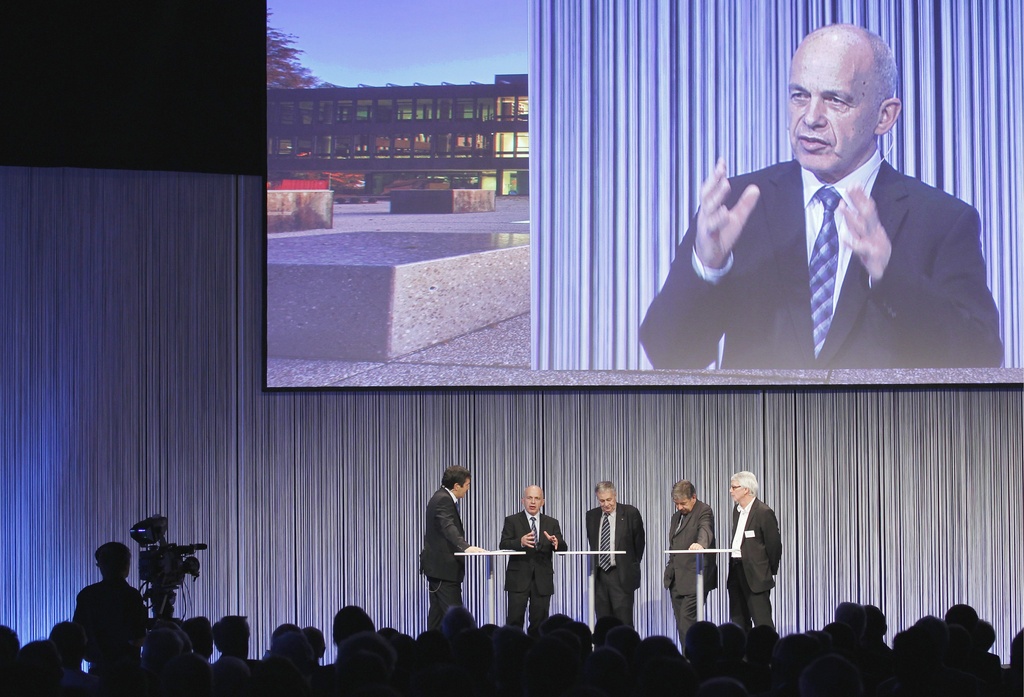
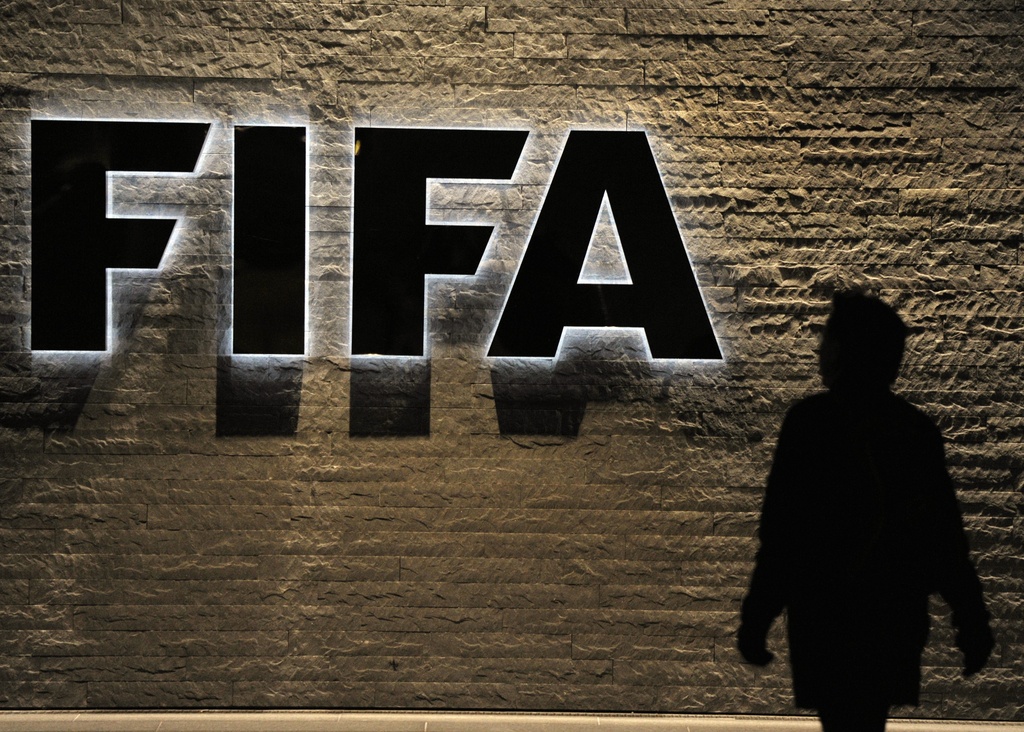
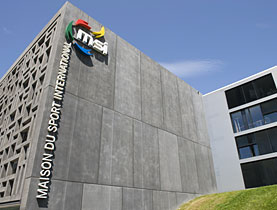
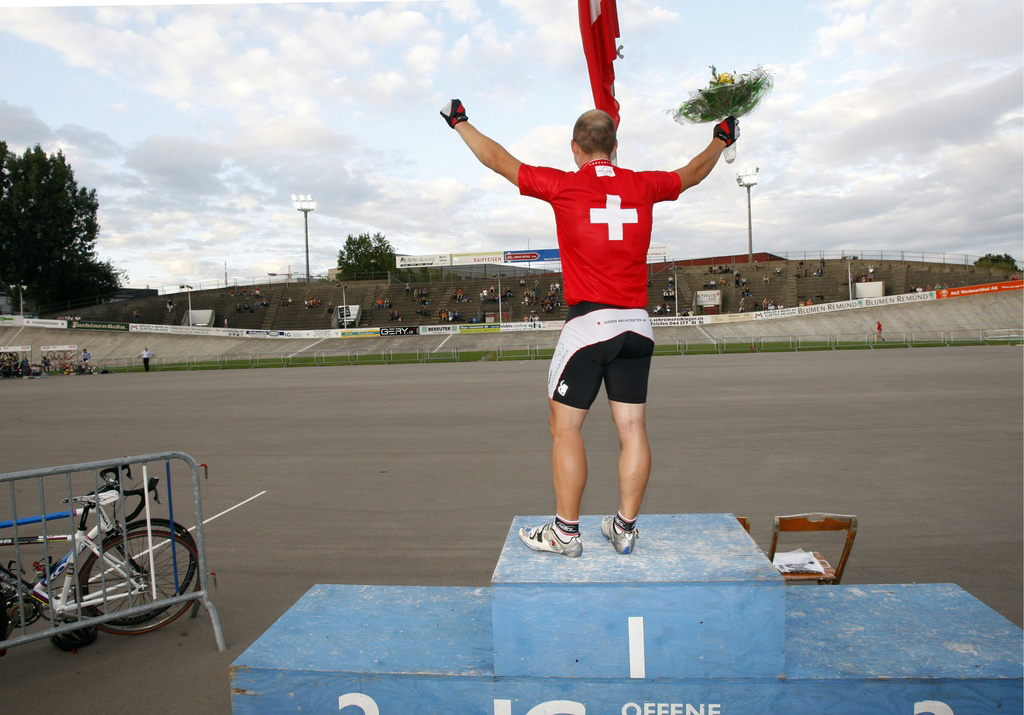
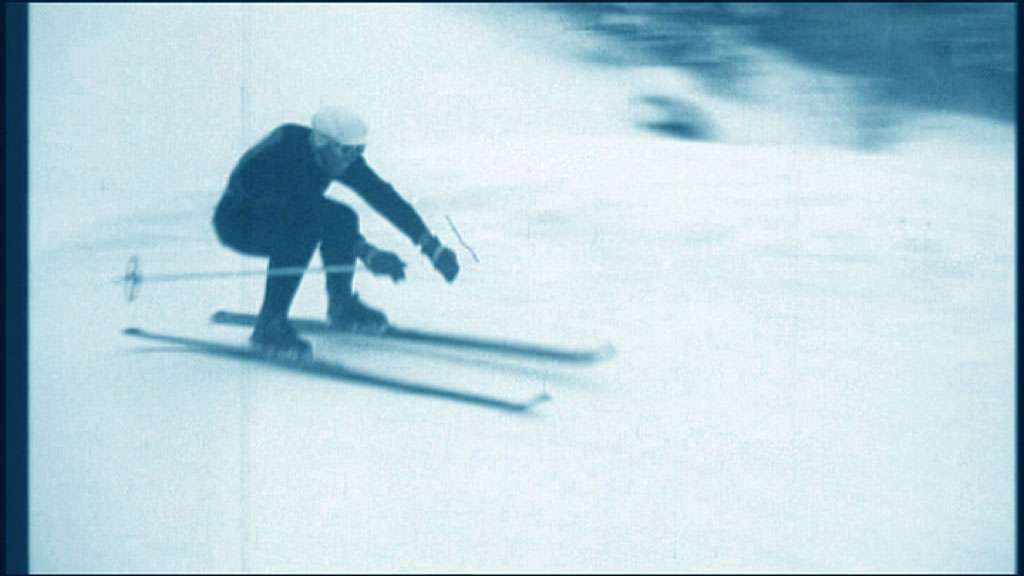
You can find an overview of ongoing debates with our journalists here. Please join us!
If you want to start a conversation about a topic raised in this article or want to report factual errors, email us at english@swissinfo.ch.